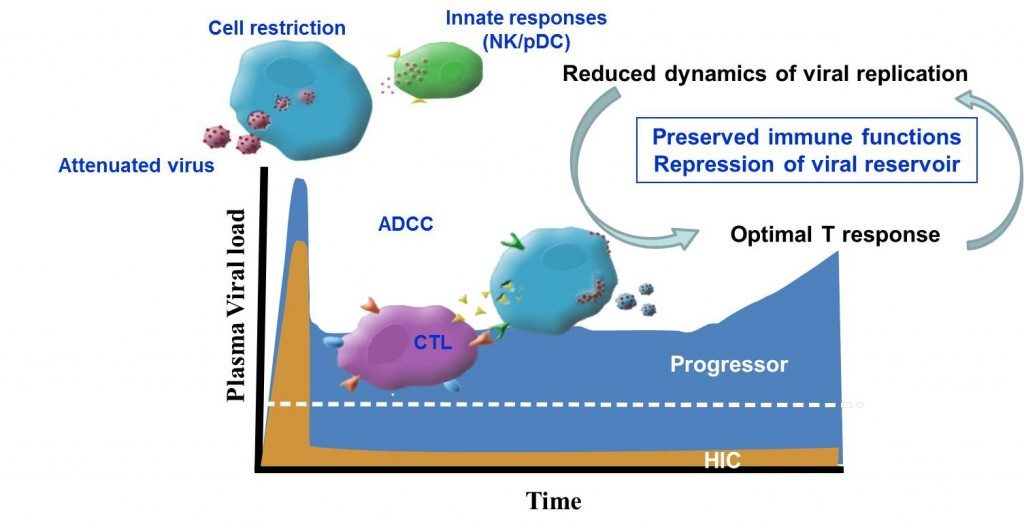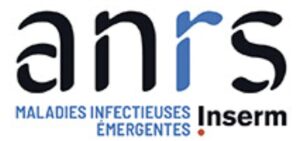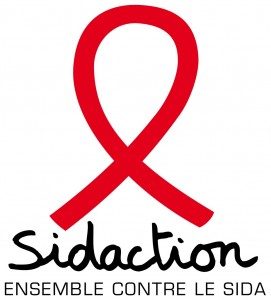About
HIV-controllers (HIC) (also called “elite controllers” or “elite suppressors”) are rare (less than 1%) persons living with HIV who control viral replication to undetectable levels in the absence of antiretroviral treatment. In the context of the ANRS-CO21 cohort we investigated parameters of control in HICs. Our results support the fact that most HICs carry fully replicative-competent HIV-1, implying actively restraint viremia. Although a robust HIV-specific CD8+ T cell response is developed during primary HIV-1 infection, prompting a partial decrease in the level of viremia, these cells are ultimately unable to contain infection in most people with HIV. In contrast, multiple studies support the notion that HIV-specific CD8+ T cells play a central role in control of infection in HIC. Others and we have shown that HIC carry, during chronic infection, efficient HIV-1-specific CD8+ T cell responses endowed with proliferative capacity and unique capacity to recognize and eliminate autologous infected CD4+ T cells, which are not found in HIV-1 viremic individuals. Cells from HICs have a memory program that confers them stemness, high survival and proliferative capacity, metabolic plasticity, and antiviral potential. In contrast, CD8+ T-cells from non-controllers have a skewed glycolytic program, with limited antiviral capacity and prone to exhaustion. Based on these results we have proposed that future immunotherapies may need to target the metabolic program of T cells to enhance their antiviral potential.
Our studies have also shown that control of viral reservoirs is a key aspect to achieve spontaneous control of infection. We showed that weak reservoirs in HIC were associated to lower susceptibility to HIV infection of the main target cells in these patients. Overall, controlling the dynamics of viral replication during the early phase of infection is critical to limit the establishment of viral reservoirs and allowing an optimal induction of immunity against HIV.







